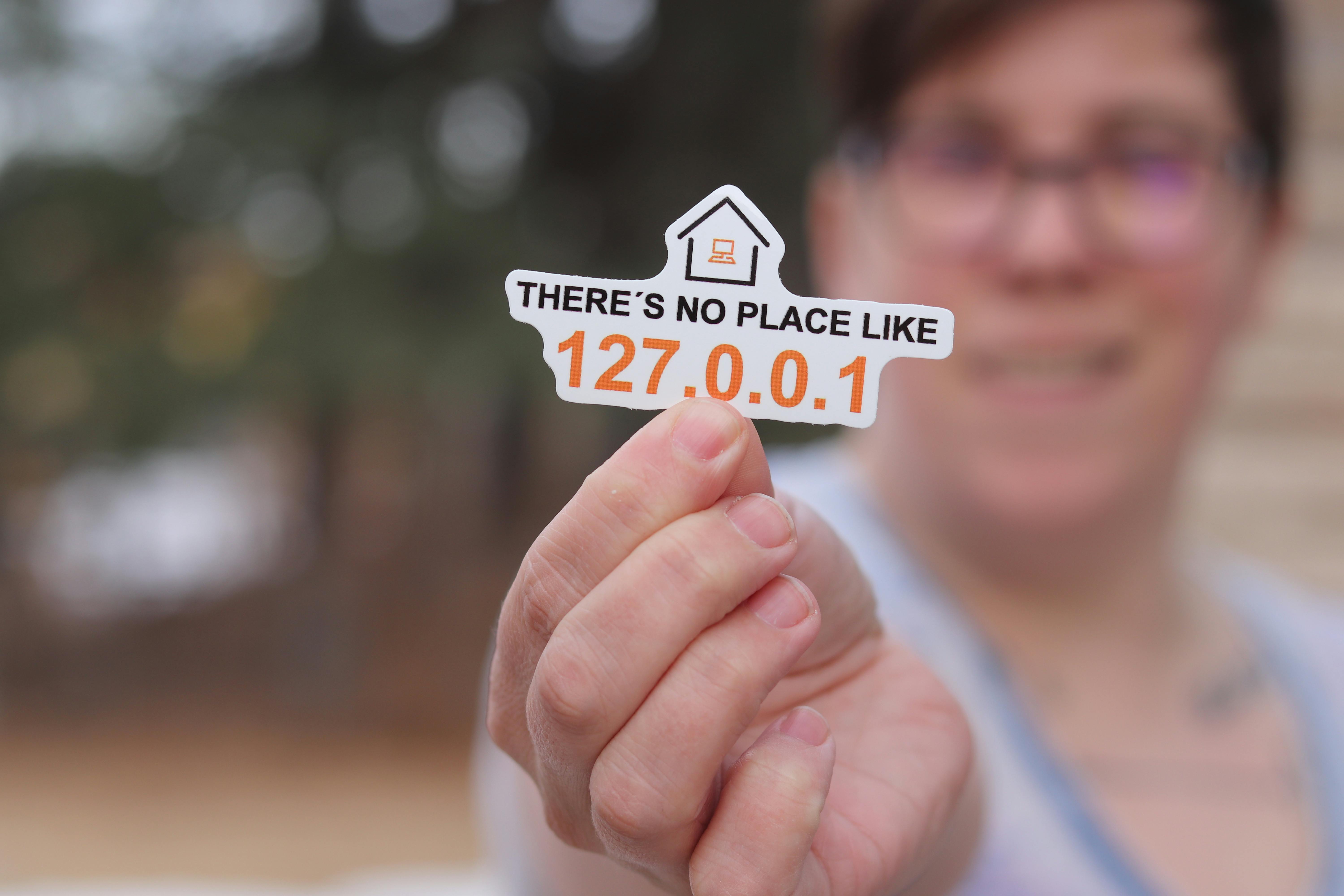
Smart Ways to Afford $1,500 Rent in 2025: Budget Better
As housing costs continue to rise, finding effective strategies to afford rent becomes increasingly essential. In 2025, with $1,500 being an average rent in many urban areas, it’s crucial to understand the income requirements for rent and develop a solid financial plan. Affording this rent involves budgeting effectively and exploring numerous options available to ensure you can meet your rental obligations without sacrificing your financial health.
This article will delve into key aspects of managing housing costs, sharing practical tips on evaluating income needs and understanding rental agreements. We'll explore how to calculate your rent affordability, budget for rent and identify avenues for enhancing your income. We'll also discuss strategies for finding affordable housing and understanding rental market trends to make informed housing decisions.
Ultimately, your ability to manage rent effectively hinges on financial literacy and strategic planning. By the end of this guide, you'll be equipped with actionable insights on achieving financial stability while renting.
Understanding Income Requirements for Rent
To determine how much you need to make to afford $1,500 rent, start with your income sources and current expenses. Generally, a common guideline for housing costs suggests that you should spend no more than 30% of your gross income on rent. Following this rule can help ensure that you remain financially stable while living comfortably.
How to Calculate Rent Affordability
Calculating rent affordability involves determining the appropriate gross income required. Use a simple formula: multiply your desired rent amount by 3. For example, if your rent is $1,500, your gross monthly income should ideally be at least $4,500. This approach ensures you stay within the recommended rent-to-income ratio, which promotes financial security and minimizes stress.
Evaluating Income Needs
Evaluating your monthly income needs involves examining both your earnings and your expenses related to renting. Consider not only the rent itself, but also utilities, transportation costs, and other expenses. Understanding your cash flow for renting will provide a clearer picture of what you can realistically afford. Use financial tools like budgeting apps or rent calculators to assist in this process.
Exploring Multiple Income Sources
Maximizing your income potential can significantly aid in managing rent payments. Consider exploring various income opportunities, such as freelance work, part-time jobs, or even side hustles. The rental market often requires a multifaceted approach to meet financial obligations, and diversifying your earnings can lead to increased financial stability.
Using a Rent Affordability Calculator
Utilizing tools such as rent affordability calculators can simplify the process of understanding your housing budget. These calculators help break down how much rent you can afford based on different income scenarios and current expenses. Using such tools can lend clarity to your financial planning for rent and provide peace of mind as you prepare for your housing costs.
Financial Planning for Renting
Effective financial planning for renting includes creating a budget that captures all potential expenses. Start by documenting monthly income and all fixed and variable expenses. This comprehensive view will not only assist in managing rent payments but also in preparing for possible rent increases. Implementing savings strategies for rent can also be beneficial, creating a cushion for emergencies or unexpected costs.
Rent Affordability Tips and Strategies
Finding ways to save money while preparing to afford $1,500 rent requires creativity and strategic planning. This section will cover various practical tips, including negotiating rent prices, finding a roommate, and seeking assistance programs that can ease your financial burden.
Negotiating Rent Prices
Negotiating rent prices can be an effective strategy to lower housing costs. Approach your landlord with data-backed comparisons of similar rental listings in your area. If you can demonstrate knowledge of the rental market trends, you may be able to secure a lower rent or a temporary discount. Having a good relationship with your landlord can also play a crucial role in these discussions.
Finding a Roommate
Sharing your living space can significantly decrease monthly housing expenses. A roommate can split rent and utilities, making the $1,500 rent much more manageable. Consider how to effectively find a compatible roommate and discussing areas like shared responsibilities, house rules, and personal space upfront to avoid conflicts later.
Utilizing Rent Assistance Programs
Exploring local rent assistance programs can help reduce the financial strain of affording housing. These programs often aim to support low to moderate-income households and can provide both financial support and resources for managing housing costs. Investigate community resources to find programs that align with your needs.
Saving Strategies for Rent
Adopting effective saving strategies for rent, such as setting up a dedicated rental savings account, can ensure that you are not caught off-guard when rent is due. Automate transfers to this account after every paycheck to build savings consistently. Moreover, consider evaluating your non-essential expenditures and adjusting your budget to allocate more funds toward rent savings.
Understanding Rental Agreements
Finally, having a clear understanding of rental agreement terms can protect you from unfair practices that might increase your costs. Pay attention to clauses regarding rent increases, utilities, and other obligations. Knowing your tenant rights and responsibilities can provide security and peace of mind while navigating the rental market.
Managing Housing Costs Effectively
Managing housing costs effectively is vital to achieving long-term financial stability while renting. By examining your overall budget and potential housing options, you can make informed decisions that benefit your financial future. This section will explore comprehensive strategies for evaluating rental listings, understanding lease terms, and finding affordable housing solutions.
Evaluating Rental Listings
To get a sense of the rental market, evaluate multiple rental listings. Look beyond just the price—consider factors like location, amenities, and access to public transportation. High-demand areas may offer better job opportunities but could come with a higher price tag. Establishing a balance between cost and benefit will help identify suitable housing options that truly fit your budget.
Understanding Lease Terms
Understanding lease terms is essential before signing any rental agreement. Carefully read the contract and pay attention to details regarding lease length, termination clauses, and rent increase policies. If possible, negotiate terms that are flexible or favorable to your situation. This ensures you are not inadvertently agreeing to unfavorable conditions that could hinder your financial planning.
Finding Affordable Housing Solutions
Exploring alternative housing options can lead to effective solutions for affordable living. Whether considering smaller units, less popular neighborhoods, or co-housing arrangements, being open-minded can open doors to cost-effective living spaces. Look for housing discounts and deals in your area to maximize your affordability.
Comparing Rental Prices
Regularly comparing rental prices in your desired location is an important habit to track housing market trends. Staying informed allows you to adjust your budget in response to changing conditions. Utilize online resources to check rental listings frequently, helping you make timely decisions when renewals or new rentals become available.
Assessing Themes in Housing Affordability
Keep an eye on broader themes impacting housing affordability, such as inflation rates and shifts in job markets. Understanding demographic impacts on housing can help you adapt your financial planning for rent and ensure you are prepared for future market changes. Staying informed allows for proactive adjustments to your housing budget.
Q&A Section: Common Questions on Renting Affordably
How much do you need to make to afford $1,500 rent?
Generally, you should aim for a gross monthly income of at least $4,500, based on the 30% rule. This approach ensures that rent remains manageable within your overall financial plan.
What are effective budgeting tips for rental expenses?
Mark down all income sources and expenses. Include fixed costs such as rent and utilities, and variable expenses such as dining and entertainment. This comprehensive view helps identify areas to cut back and boost savings for rent.
Are there assistance programs for renters?
Yes, numerous local and national programs aim to aid renters in financial distress. Research community resources and local government websites for information on eligibility and services available.
What impact does my credit score have on renting?
Your credit score can influence your ability to secure a rental unit, as many landlords conduct credit checks. A higher score may open doors for premium rentals, while a lower score could necessitate additional deposits or co-signers.
How can I find affordable housing options?
Start by exploring various neighborhoods and broadening your search criteria. Investigate alternative housing ideas such as co-living spaces and keep abreast of rental listings. Flexibility and thorough research can lead to finding a gem.

